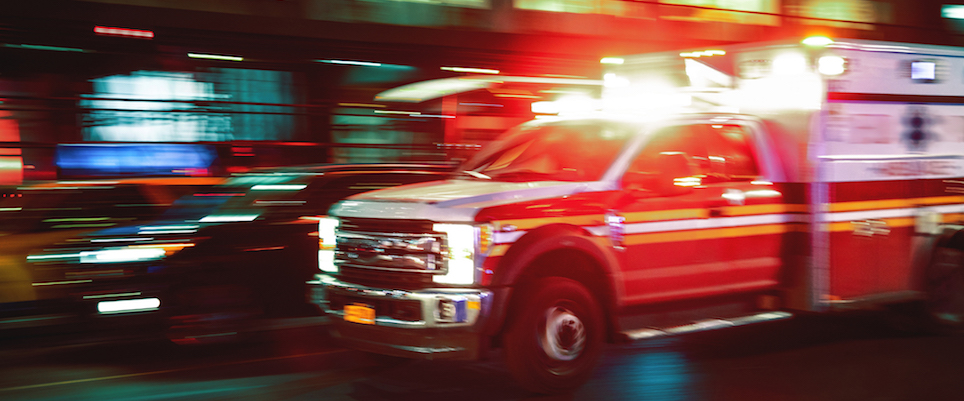
The Security Dilemma In Medical Emergencies
- Andrea Pasquettin
- 20 May 2020
- Security
Even though most guards and protection agents are trained in CPR and first aid, there are some instances when they should not directly administer medical assistance.
As cruel as it may sound, a security guard’s primary job is not to render medical aid. Some situations may require the difficult choice to refrain from physically assisting someone who is experiencing a medical emergency. If a guard is hired to protect a specific asset or client, shifting their attention to provide medical aid to someone else may compromise their primary duty. Imagine being tasked with guarding a business and then stepping just a few feet away from the entrance because of a traffic accident that occurs near the protected location. Doing this exposes the business to many risks and exposes the guard to a variety of legal issues.
The first problem is that they are essentially abandoning their work. They were hired to protect an asset and in leaving the entrance unattended, they are failing at their primary task. Secondly, they are exposing themselves to more risk by entering a dangerous environment in the attempt to give aid to motorists who could in turn become combative towards the guard. What many guards fail to consider is the presence of another option. They don’t have to choose between doing their job and helping someone in need; both aims can be reached. Emergency services can be contacted by radio or mobile phone while maintaining a vigilant eye on the asset. The guard can try speaking to the motorists involved from a distance and guide them through self-aid, if necessary.
People working in the security field have an instinctive desire to help others, so it can be difficult for them to remain stationary, but they must remember they can help in many ways without physically being close to the person in need of medical attention. Thus, it’s important to be mentally prepared for such possibilities and to plan ahead. This example is a scenario that could jeopardize the guard’s duty and safety and create a real hazard if not properly addressed in the planning phase. It highlights the importance of cognizance, planning, and preparation, which protects everyone involved from the guard to the client and equips them to handle unexpected situations, preventing potential medical emergencies from deteriorating.
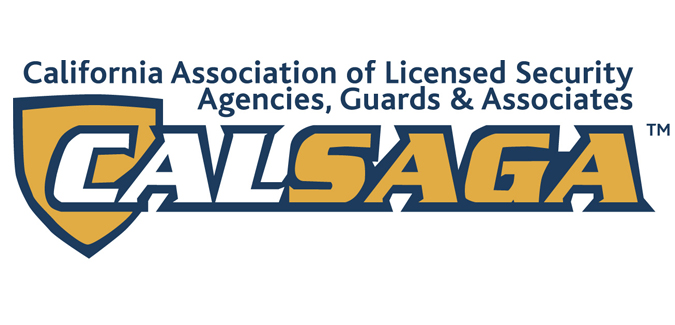
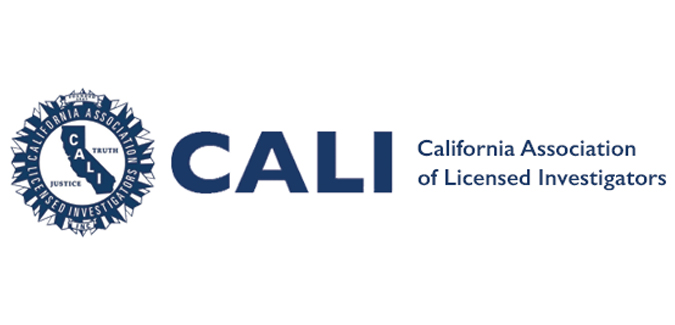
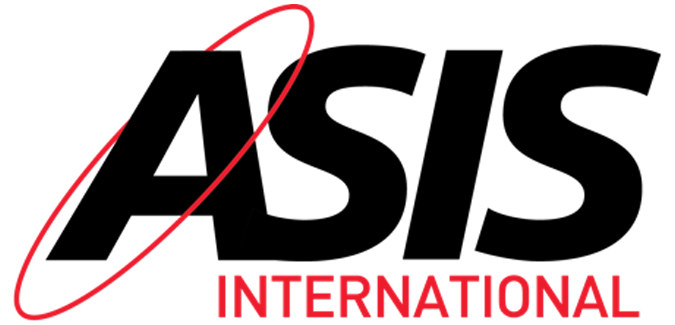
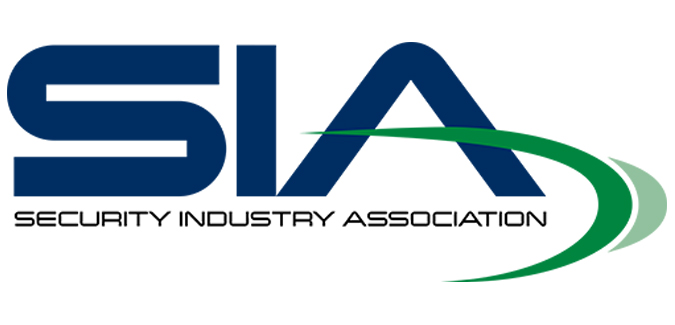
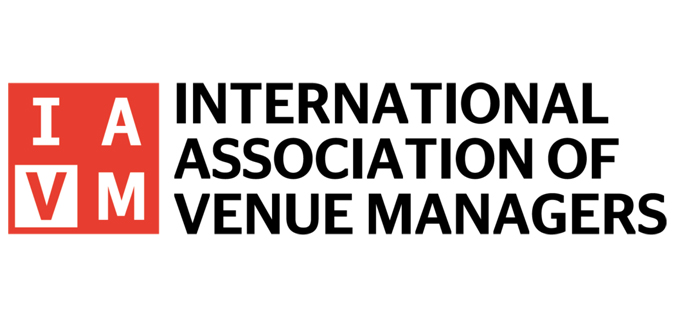
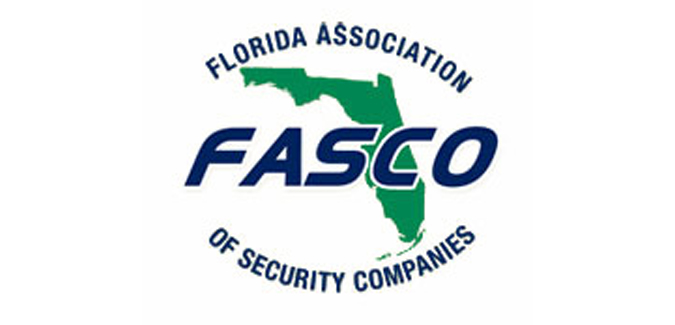
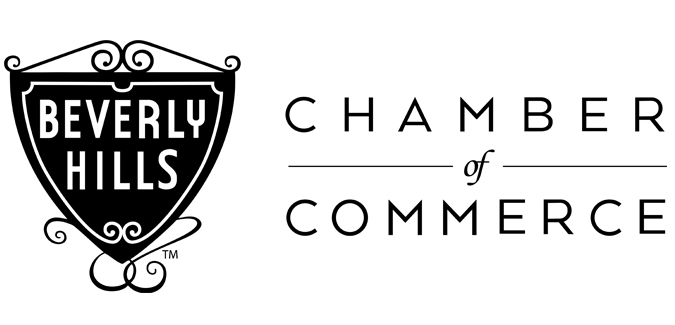
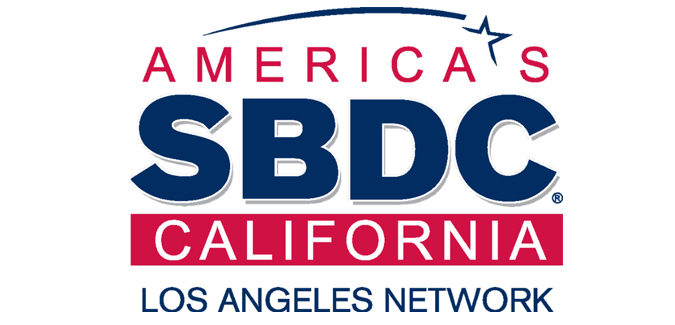
Leave a Comment